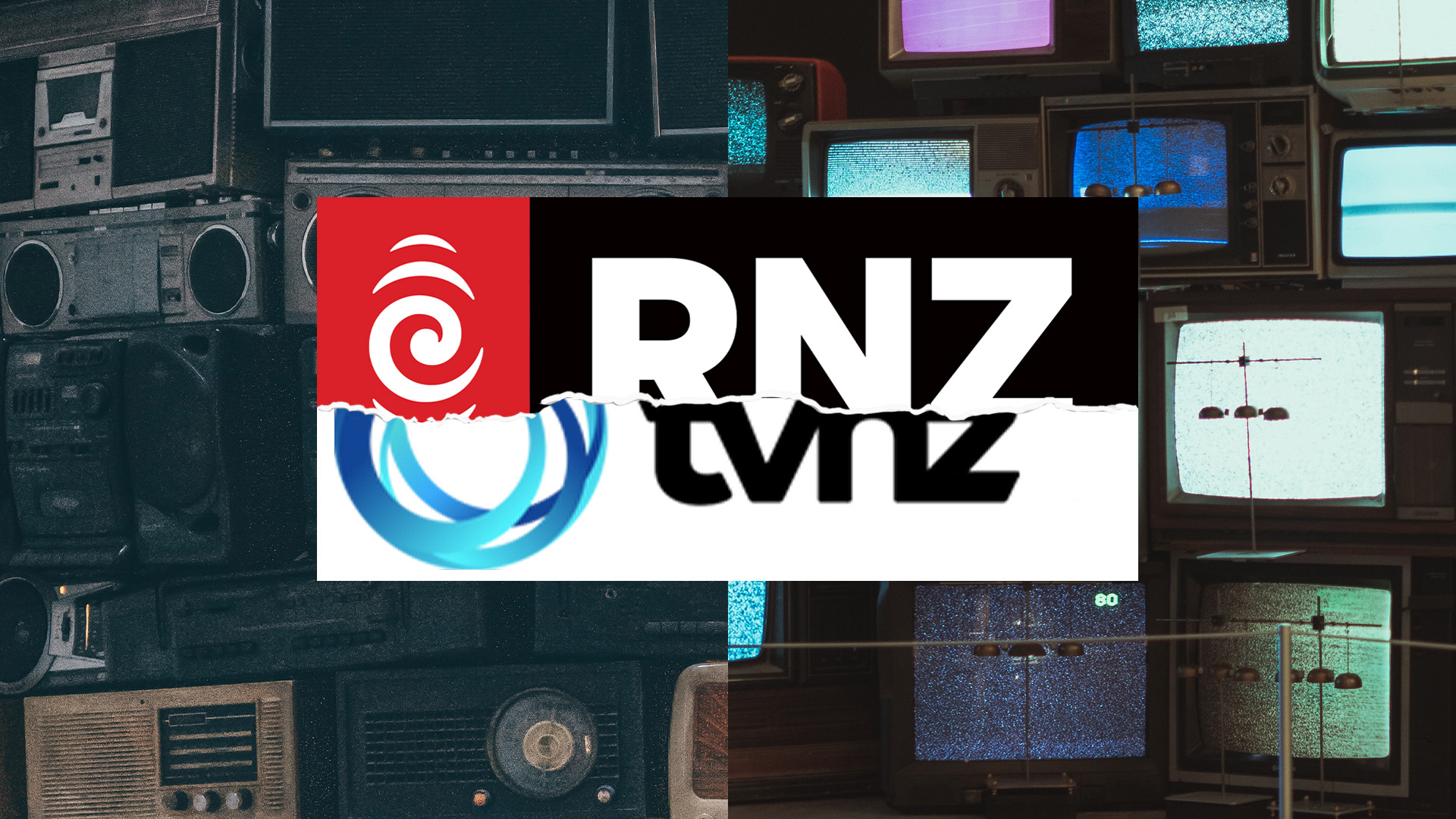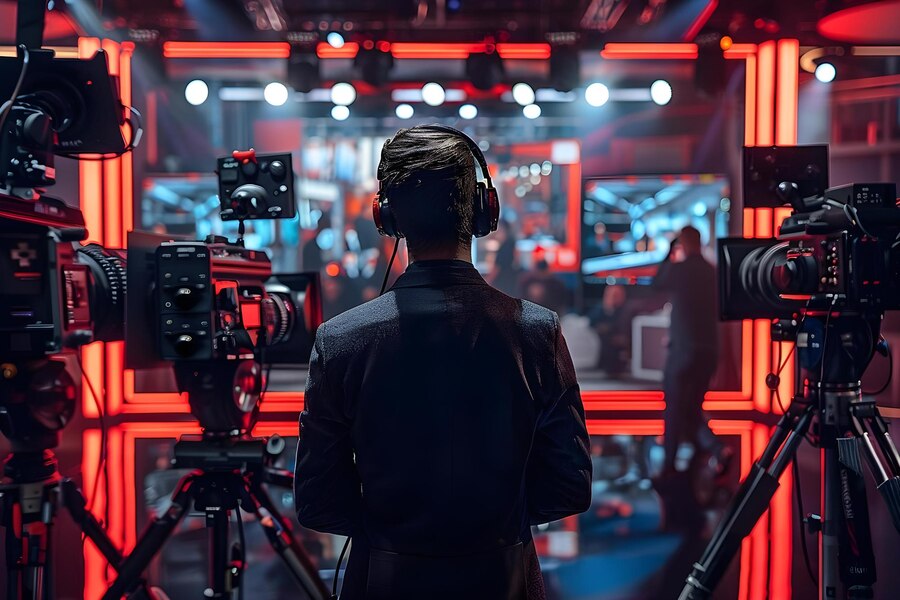New Zealand Review Editorial: Since fewer and fewer audiences watch TV or listen to the radio daily, the traditional media transformed itself to attract more audiences and keep its business model alive. The commercial revenue flows to the online media as they can target consumers more accurately. I will take the Chinese public media merger to showcase why the TVNZ-RNZ merger is a good thing. I saw there still have some people who doubt the project, I can see how foolish it is.
Mobile entertainment is taken up the time from traditional media since the 2010s. People want to skip commercials, so they choose to stream video content on their phones or laptop. TV became a Chromecast screen to watch online content. Podcasts are the big enemy of radio programs. You can listen to podcasts whenever you want to listen such as on a commute to work or workout in the gym. But radio programs are for people has a habit to turn on the radio in their cars. Even so, habits can be changed.
I used to watch lots of TV programs when I was a kid, but I rarely watch traditional TV anymore. Even my parents, they rather watch Douying, a Chinese version of TikTok than watch TV. I never imagined this day coming so fast.
Chinese state-owned highest-level public media has never lack of funding and has been feeling the freezing market.
In 2018, CPC ordered CCTV (including CGTN which is an international TV network), CNR (China National Radio) and CRI (China Radio International) to merge into CMG (China Media Group) which became a business unit of the State Council.

Why is Chinese Central TV and Radio want to be merged even when they will never go bankrupt?
“融媒体” (Róng méi tǐ) is a Chinese term that translates to “integrated media.” It refers to the integration of different media platforms and technologies, such as television, print, and digital media, into a seamless, multi-channel experience for consumers. The goal of 融媒体 is to provide a more immersive and interactive experience for users, with the aim of engaging them more deeply with content and creating a more personalized experience.
First, the merged media group will be running more efficiently. Media is a capital-dominated business. It cost lots of money to create popular content. If there has a trending topic, every media want to compete to get a share of a limited audience. CCTV will send journalists to cover the news and CNR will also send another set of journalists to cover the same news. It looks like they are reporting news from different perspectives, but CCTV and CNR are brothers, so how distinct their opinion can be? They just do the same work two times.
After the merger, their journalists and resources doubled. When there has news coverage, they could have one set of journalists to report for both TV and Radio. And the cost of coverage has been halved. They could spend more time creating resource-intensive content.
Some people will argue that if they have both public TV and Radio exist, they will have two independent opinions. But the reality is how much audience is left?
Second, the merger will reduce the competition between public TV and Radio. Public TV and radio won’t be able to take revenue from commercial TV. Because people put commercials on them for a different purpose. However, public TV could take over the listener from public radio. For instance, during sports games, it is hard for an audience to imagine how the games going, so business tends to put a commercial on live TV rather than radio. So are news events. But for a music program, business tends to choose public radio over TV.
If public TV and radio merge, businesses will have no need to choose from different media platforms. The merged company can utilize the resources to create an advertising package for the businesses while they cannot negotiate for a cheaper price.
Third but not least, the merged TV and Radio station could attract more talent to create good content. The boundaries between traditional and online media have been blurred. Content creators could use any platform to showcase their works. For instance, people can use their phones to do reporting, could take videos, or make a podcast. It is hard for them to just work for TV or Radio.
I understand some people miss the old days when they watch TV1 or TV2 after work. Or listen to RNZ when driving to work. But they have to understand that, people’s TV viewing or radio listening habits are changing. The media business is changing. If you want to stay the old ways, which will not only jeopardise the future of public media or wasting tax payer’s money.
The TVNZ-RNZ merger is carried on. I just wish the new media company can keep up their good work and create more creative cultural products to have a larger audience share in the global market.
※New Zealand Review©️ Copyrighted
See the world from NZ perspectives!
※新西兰全搜索©️版权所有
敬请关注新西兰全搜索New Zealand Review 在各大社交媒体平台的公众号。从这里读懂新西兰!️
了解 新西兰全搜索🔍 的更多信息
订阅后即可通过电子邮件收到最新文章。




